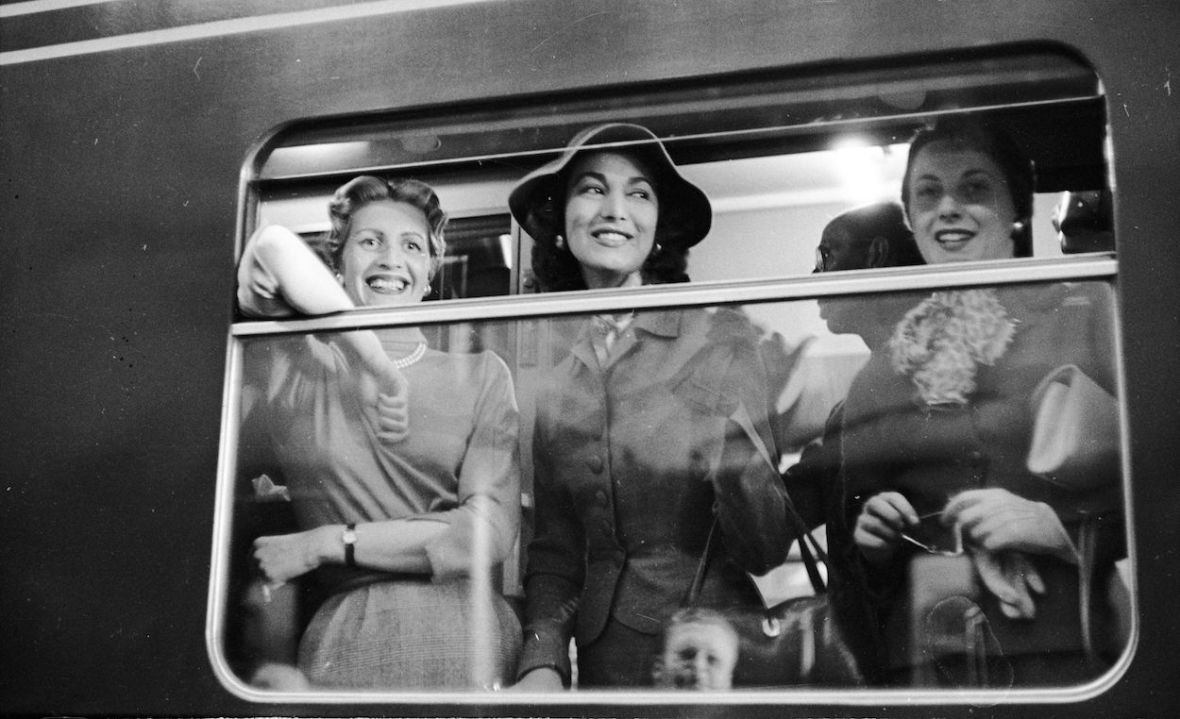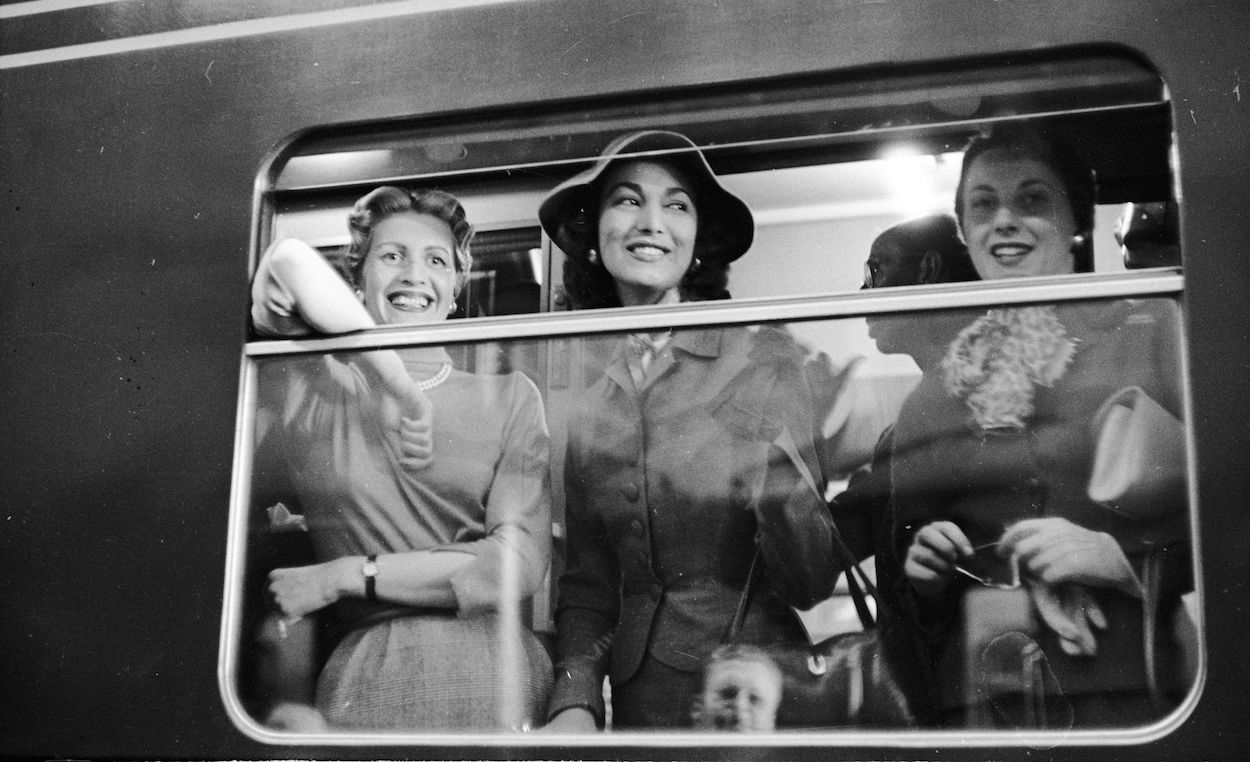Twenty years ago, the Spanish railway company RENFE stole my girlfriend’s father. There were four of us – my girlfriend, her dad, and a university friend of ours. We had been in Spain for more than a month, walking the Camino de Santiago. Now it was time to head home, first by train to Bilbao and then on to Stansted by air. Once we found our seats on the train, in the rearmost carriage, I settled in for the long haul – the journey is ten hours – with my battered copy of Herodotus, which I was determined to finish before the start of the new academic year. I was soon absorbed in the father of history’s delightful tall tales about, among other things, giant gold-mining ants.
There was little to do except to lug four lots of luggage onto the concourse and wait for the wanderers to return
In the late afternoon, while my girlfriend and I dozed, the other two headed for the restaurant car, located directly behind the locomotive, leaving us to stand guard over the luggage. A perfectly normal and reasonable proceeding, with one tiny flaw, which we were soon to discover. After we had been stationary for a longish while at a place called Miranda de Ebro, about 40 miles south of Bilbao, I decided on a stroll to stretch my legs, only to find that the forwardmost door of our carriage, which had joined us to the rest of the train, was connected to nothing at all. The engine which had pulled us all the way from Santiago had vanished, along with the dining saloon and another passenger carriage. We soon discovered that it was on its way to Hendaye, in France, while we would shortly be connected on to a new loco for the final leg to Bilbao.
Now I have nothing against Hendaye. I have never visited but I am sure it is a lovely place, full of charming people. Wikipedia tells me that it is a popular surfing destination. Nevertheless, at that particular moment, as far as we were concerned, it was labouring under the crippling handicap of not being Bilbao, where the flight on which we were all booked would leave early the next day.
As soon as we could, we sought out the guard. My girlfriend had studied a little Spanish. I had picked up the merest smattering of the language, able to order dinner and a beer and ask for directions. Neither of us was really prepared to explain the situation in which we found ourselves and to request the necessary help. Nor did either of us have a working mobile with which to communicate with the others – these were the days before ubiquitous ‘roaming’ arrangements.
The guard took pity on us and we were able to make arrangements via his phone. A significant complication was that neither member of the missing members of our party had a mobile. This meant an absurdly elaborate game of Chinese whispers, as our communications with them had to be given first to our guard in broken Spanish, then transmitted to the guard on the Hendaye train, before being translated back into English by him. Neither my girlfriend’s dad nor our friend spoke much Spanish, although the former – a distinguished academic who spent many years abroad – was confident in his mastery of a strange argot which he called ‘Mediterranean’; a blend of French, Italian, Spanish and Latin.
Once we reached Bilbao, there was little to do except to lug four lots of luggage onto the concourse and wait for the wanderers to return. We sat there long into the evening, for what seemed like hours, as the station gradually emptied and the aggressive beggars began to move in. The other two did finally appear, having paid a high price for their dinner and we hurried off in search of a taxi to the airport. In the end, we landed at Stansted a little earlier than expected, and by the evening we were all back in our student digs, ready to face the rigours of the term. But we’d learned our lesson.







Comments